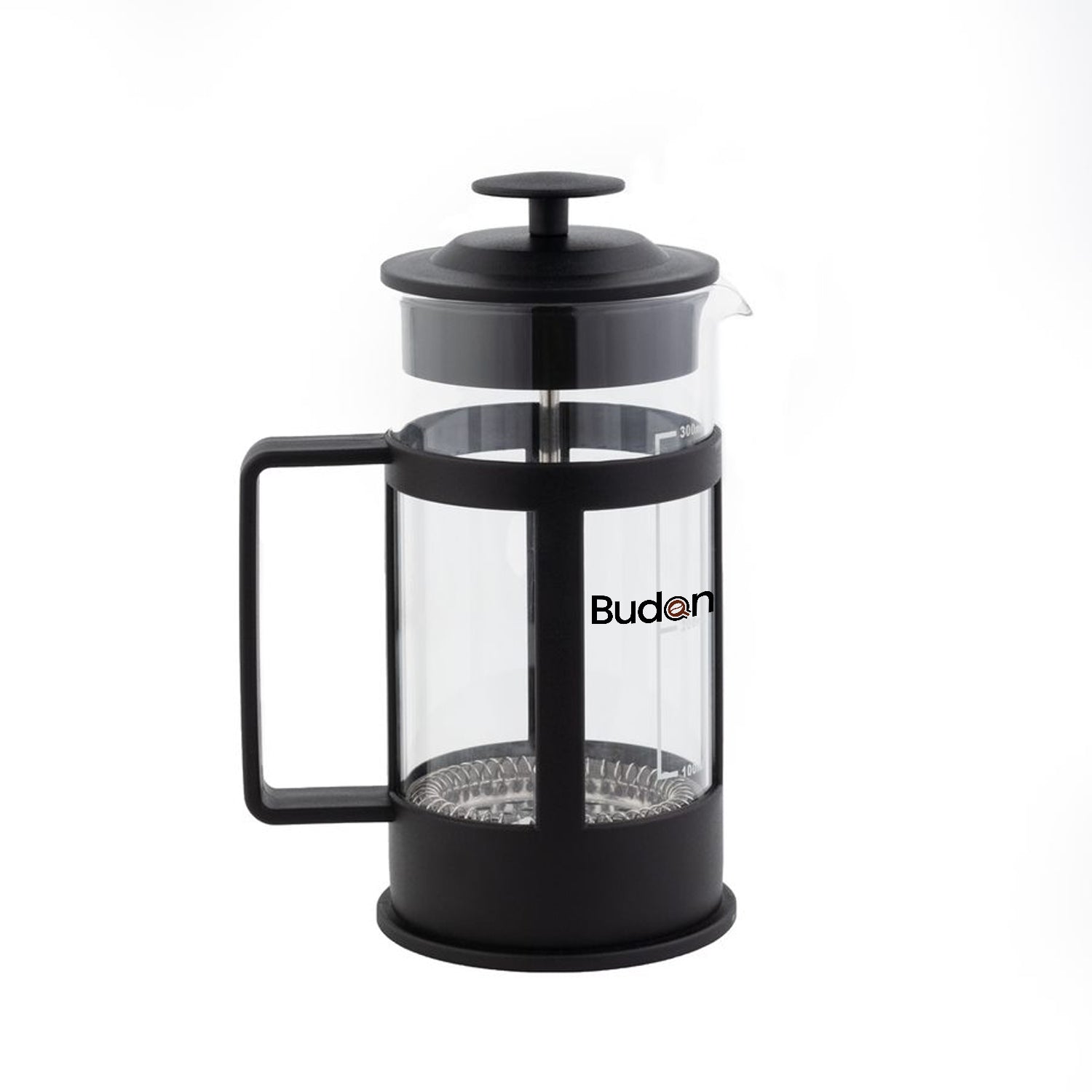Making an exceptional cup of coffee is an art form. Like shaping any artistic work, brewing coffee involves a keen eye for the details. One such detail we need to be attentive towards is - the freshness of the roasted coffee.
Why is it important for coffee to be fresh? How to know if the coffee is fresh enough for brewing?
In this article, we'll dive deeper into the 'freshness factor.' We will briefly walk through the science behind roasting, freshness and how the knowledge can help you elevate your coffee journey.
What Happens Inside a Coffee Roaster?

Let's take a peek inside the coffee roaster drum. The roaster turns green coffee beans into the flavourful, brown coffee that we enjoy. Here's a step-by-step breakdown of what goes on inside the roaster:
- Firstly, the green coffee beans are loaded into the roasting drum and the roaster is pre-heated to the desired temperature.
- Then, heat is applied to the coffee beans inside. This results in the beans undergoing various chemical reactions including caramelization and the Maillard reaction (the browning phase where the sugars and proteins in coffee heat up). The Maillard reaction is responsible for the savoury, earthy and roasted aroma in the coffee.
- The beans heat up and reach a point where they undergo the "first crack." Here, we can hear a cracking noise that indicates that the beans have started to expand and release carbon dioxide.
- Next, the roaster operator monitors and adjusts the temperature to achieve the desired roast level. During this stage, they also manipulate the airflow in the roaster and the roast duration.
- After the beans are roasted at the desired temperature, the beans are left to cool.
- The roasted beans need time to degas and rest before they are at their optimal flavour. During degassing, the beans release carbon dioxide and continue to develop flavours.
How Does Freshly Roasted Coffee Affect Your Final Brew?
Beans form the basis of your brew, so the freshness of it reflects in your cup. Below are the two important ways the beans can affect your final brew:
Flavour and Aroma: When compared to coffee that has been stored for an extended period, freshly roasted coffee retains its natural flavours and aromas better. Hence, we can expect fresher coffee to hold the flavours and aromas in greater intensity.
The chemical components found in coffee responsible for the flavours and aromas are the most potent when they are fresh. As time passes, these compounds dissipate gradually resulting in a less flavourful cup.
Increased Complexity in Flavours: Freshly roasted coffee often exhibits more complexity in flavours when compared to older coffee. As the coffee ages, the flavours tend to mellow out and become less evident. The nuanced flavours create a more enjoyable cup of coffee.

Timeline for Fresh Coffee
Coffee beans do not really expire and we can make good coffee as long as the beans are fresh enough. So, how do we know the coffee is fresh enough?
Checking the roast date on the package is a reliable way to know how fresh the coffee is. The roasting date should not be over a month when you are purchasing the pack.
Also, the coffee should rest at least for two days after roasting. This is important because freshly roasted coffee beans have a significant amount of trapped carbon dioxide in them. The coffee releases this carbon dioxide in a process called degassing. If brewed too soon after roasting, it can result in an uneven brew.
Closing Lines
The freshness of your coffee plays an important role in the taste of your final brew. Freshly roasted coffee holds the natural complexity and vibrancy of the coffee beans for your brew.
By paying attention to the roast date, you can enjoy a great cup of coffee every time you like.


























